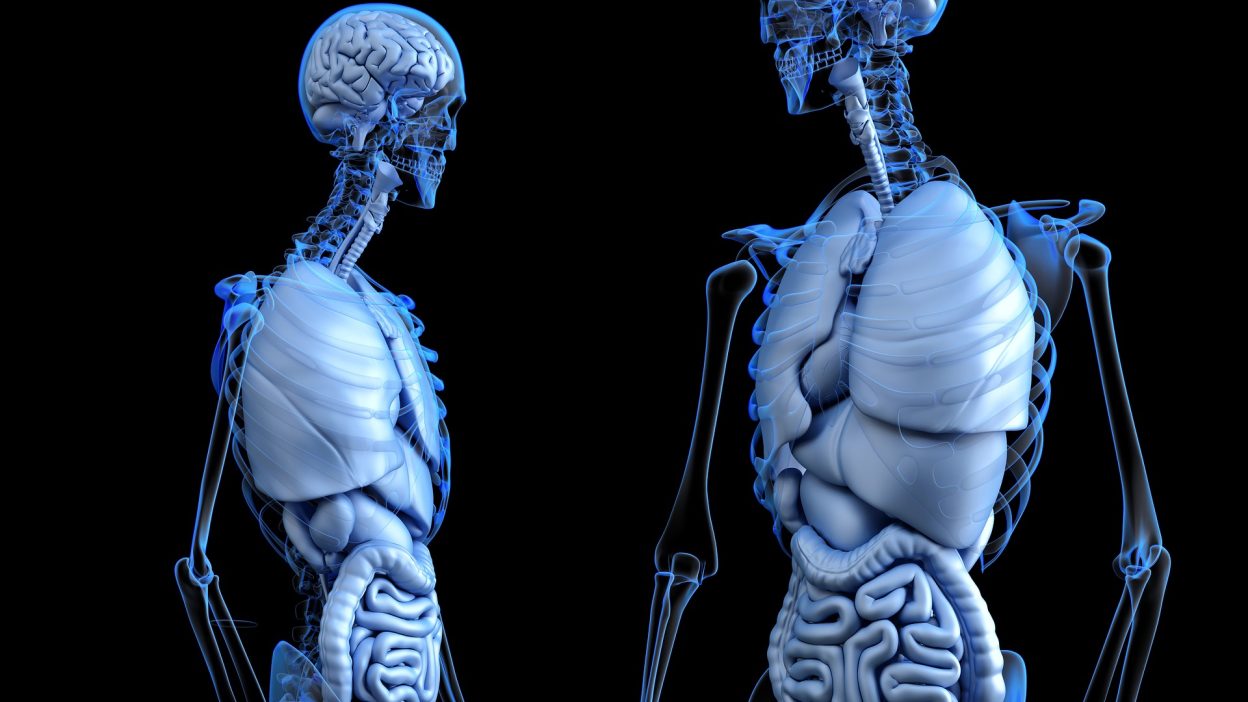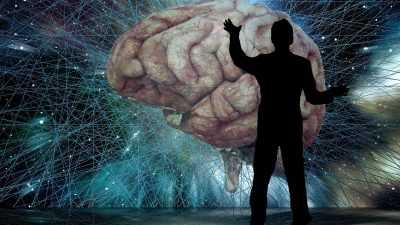Discover the most fascinating facts about your body
The human body is a masterpiece of complexity, with astonishing features that often go unnoticed. From self-healing corneas to the brain’s activity after death, discover the most fascinating facts about your body that will leave you in awe.
The human body is an intricate and highly efficient biological machine, full of surprising capabilities that science is still uncovering. While we often take our daily bodily functions for granted, there are countless hidden wonders happening beneath our skin. Ever wondered why astronauts grow taller in space? Or why you can’t breathe and swallow at the same time? Let’s explore some of the most mind-blowing facts about the human body that will make you appreciate it like never before.
The Astonishing Abilities of the Human Body
1. Your Cornea Doesn’t Need Blood to Survive
Unlike most tissues in the body, the cornea—the transparent outer layer of the eye—gets its oxygen directly from the air instead of blood vessels. This unique feature allows it to stay clear and function properly. It’s also one of the fastest healing parts of the body, with minor injuries often recovering in just one to two days.
2. Your Brain Can Memorise 50,000 Smells
Your sense of smell is more powerful than you think. The human brain is capable of identifying and remembering up to 50,000 different scents, which is why certain smells instantly trigger specific memories from the past.
3. It Takes 72 Muscles to Speak
Speaking might feel effortless, but it actually requires a coordinated effort from 72 different muscles working together to produce sounds. This includes muscles in your tongue, lips, vocal cords, and even your diaphragm.
4. You Forget 90% of Your Dreams
Ever woken up knowing you had a dream but couldn’t remember it? That’s because 90% of dreams fade from memory within minutes. Dreams occur during the REM (Rapid Eye Movement) phase of sleep, which happens every 90 minutes. If you wake up during this phase, you’re more likely to recall your dream.
5. Babies Have More Bones Than Adults
Newborns are born with nearly 300 bones and cartilage elements, but by adulthood, this number reduces to 206. This happens because many of the bones fuse together as we grow in a process called ossification.
6. Your Brain Stays Active After Death
A study conducted by researchers from the University of Western Ontario found that after a person dies, the brain continues functioning for at least 10 seconds. What exactly happens during this time remains a mystery.
7. Donor Hearts Can Beat Outside the Body
Thanks to a groundbreaking technology called the Organ Care System (OCS), donor hearts can be kept alive and beating outside the body for up to 12 hours. This has significantly improved the success rate of heart transplants worldwide.
8. Astronauts Grow Taller in Space
Without Earth’s gravity compressing their spine, astronauts can grow up to 2 inches taller while in space. However, once they return to Earth, gravity pulls everything back into place.
9. Extreme Dieting Can Make Your Brain Eat Itself
Researchers at the Albert Einstein College of Medicine discovered that in cases of extreme starvation, the brain starts consuming its own proteins. This is because the hypothalamus, which regulates hunger, signals neurons to break down their own structures for energy.
10. Your Small Intestine is Longer Than You Think
Although it’s tightly coiled inside your abdomen, the small intestine measures around 23 feet (7 metres) long. If stretched out, it would be taller than a giraffe!
11. Your Pinky Finger Holds Half of Your Hand’s Strength
It might be the smallest finger, but the pinky contributes to 50% of your hand’s total strength. It helps stabilise your grip, which is why losing it would significantly reduce your hand’s function.
12. The Human Stomach Can Dissolve Metal
Your stomach produces hydrochloric acid, which is strong enough to dissolve metal. Fortunately, the stomach lining regenerates quickly, preventing the acid from digesting itself.
13. You Have a Unique Tongue Print
Just like fingerprints, your tongue has a completely unique print. No two people have the same tongue pattern, making it a potential tool for biometric identification in the future.
14. Your Ears and Nose Never Stop Growing
Unlike bones, cartilage continues to grow throughout your lifetime, which is why older people often have noticeably larger ears and noses.
15. Blushing is Uniquely Human
Blushing is one of the few emotional responses that only humans experience. It happens because the body increases blood flow to the face when experiencing strong emotions like embarrassment or attraction.
16. You Share 90% of Your DNA with Cats
Humans share 98.4% of their DNA with chimpanzees, but surprisingly, we also share 90% of our DNA with domestic cats and 70% with slugs. No wonder cat lovers feel such a deep connection with their feline friends!
17. Most People Tilt Their Head Right When Kissing
When leaning in for a kiss, two-thirds of people naturally tilt their head to the right. Scientists believe this could be due to brain lateralisation or learned behaviour from infancy.
18. Babies See in Black and White at Birth Newborns don’t see the world in full colour right away. For the first few days, they can only see black, white, and grey tones. By around four months of age, their colour vision fully develops, which is why baby toys often feature bright colours to stimulate their sight.




